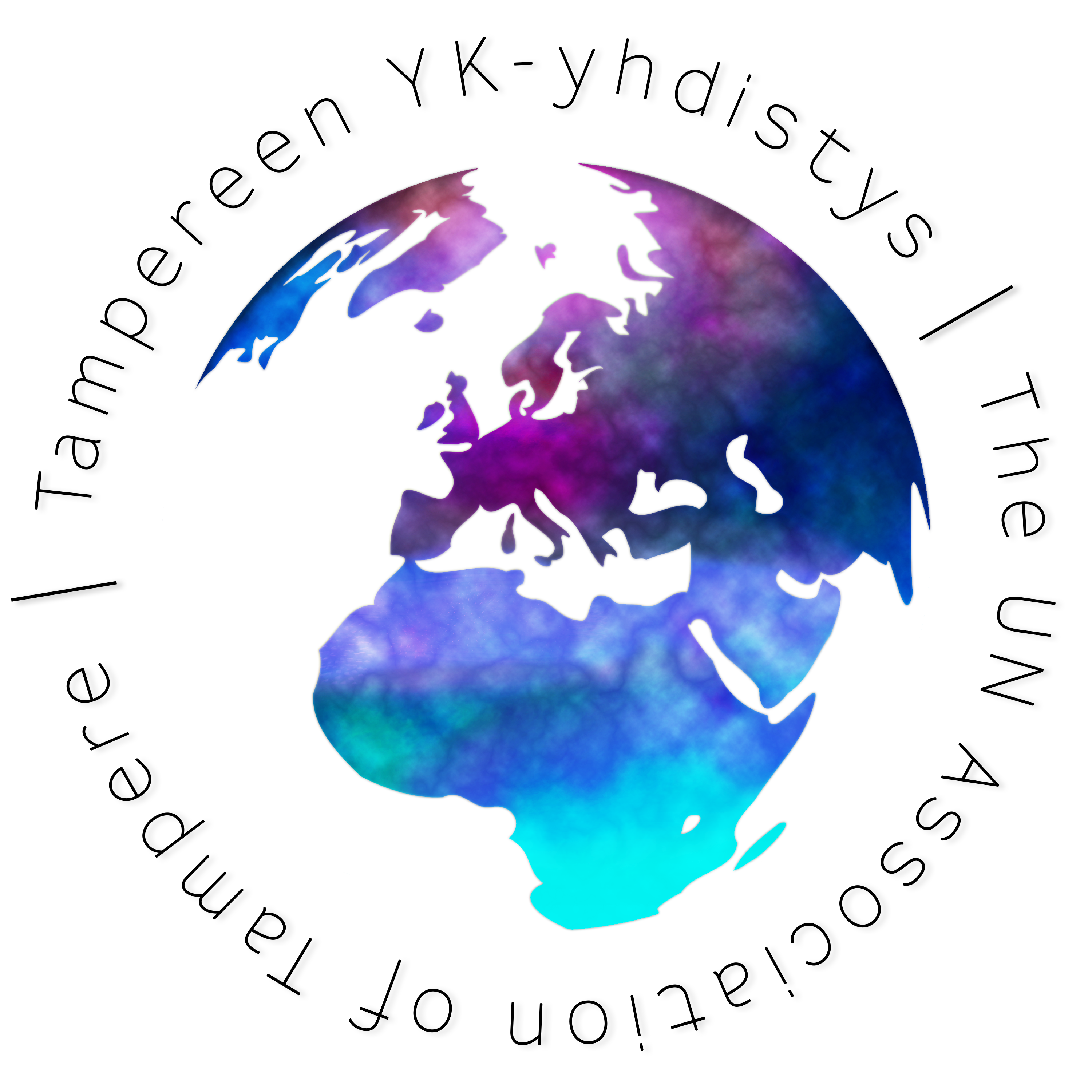Last week, on the 24th of April, we celebrated the International Day of Multilateralism and Diplomacy for Peace. When the United Nations was formed in 1945, in the aftermath of the Second World War, its mission was to protect peaceful relations and security across the global community. This task seems, when put into words, rather simple. However, it has proved to be a challenging target to reach, but progress has definitely been made since 1945. Some of the challenges the international community faces today are the means of so-called new conflicts, climate change and pandemics. Preventing the impacts of these “challenges” is evidently a demonstration of how effective multilateralism and diplomacy are in the global community. Let’s break down some of the challenges of the world today to create a better understanding why the International Day of Multilateralism and Diplomacy for Peace has been in our calendars since its establishment in 2018.
Firstly, when we talk about “new conflicts”, the targeting and attacking civilians is frequently mentioned in some context. The new means of warfare are increasingly targeting civilians and preventing international aid from arriving to conflict areas. These conflicts usually break out between groups inside states targeting each other due to ethnicities, religious background etc..These groups often use an array of small weapons and explosives for fighting, terrorism and destroying resources. Women and children are often victims of sexual harassment and forced prostitution during armed conflicts.
Secondly, climate change. It’s a large concept, affecting a lot of people around the world. The prevention of climate change has been institutionalized among the international community, due to ranging commitments to international treaties and conventions. Involving such a vast body of states, these commitments are sometimes difficult to implement. So many different opinions, values and targets are presented among the international community. Climate change forming into a question of belief, or an opinion – despite many confirmed scientific facts – is also disturbing international cooperation on creating collective methods to prevent global warming. Scientific approaches are also a key factor in protecting people from globally spreading illnesses, pandemics. The recent outbreak of the coronavirus has shown how tightly countries around the world are joined together. We live in a world where for example travelling, immigration and trade are common, thus we are not tied down by national borders as tightly as before. As we have noticed, viruses know no sense of borders, which is why most countries in the world are affected by this pandemic.
To tackle the global issues and challenges that people confront nowadays, multilateralism and diplomacy must be highlighted on the political field. Pointing fingers, standing by and protecting only your home front isn’t working in our global community. We should respect the value of global cooperation, whether it is distributing protective equipment to those who need it or delivering humanitarian aid to conflict areas. Coordination of resources and education are crucial factors in facing the challenges that threaten our peace and security. Multilateralism and diplomacy create the foundation of peacekeeping and represent the commitments made by the founding members of the United Nations. Let’s try and see the world as a united front against the challenges that we face today. Let’s also remember the potential and value that the youth brings into this work. The Finnish Agenda2030 Youth Group is one example of the youth’s involvement in building a better future for all. This Agenda2030 Youth Group participates in planning the implementation of the Sustainable Development Goals on a national level. Although there is a lot left to be done, but these efforts to increase solidarity despite our differences in for example ethnicity, language and age are a great place to start.
As the UN Secretary-General António Guterres put it: “combatting it [the coronavirus] requires us to work together as one human family”. I believe this approach should be remembered with all global challenges.
Nella Virkola
Communications coordinator of TAYK and a student of political science
Sources and for further reading:
The Virtues of Multilateralism and Diplomacy. Available: https://www.un.org/en/observances/Multilateralism-for-Peace-day.
An Agenda for Peace. Available: https://undocs.org/en/A/47/277.
Nuorten Agenda 2030. Available: http://nuortenagenda2030.fi/
